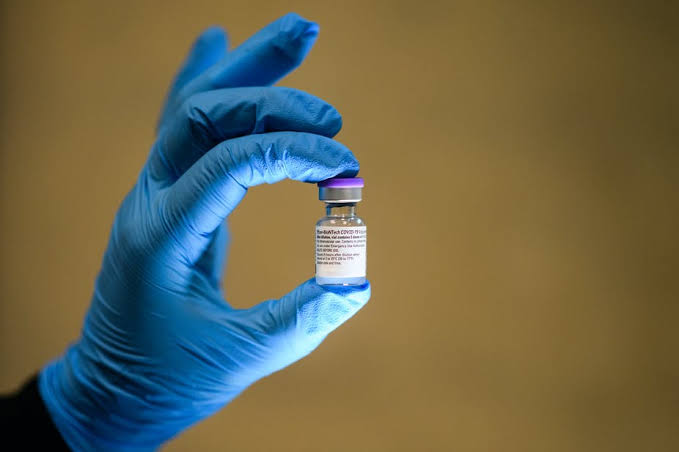The Libyan government commenced COVID-19 vaccination campaign in prisons on Sunday, May 23.
This took place as part of the implementation of the national campaign for vaccinations against the COVID-19 pandemic.
On its Facebook page, the Ministry of Justice of the Libyan Government of National Unity (GNU), stated that the campaign in its first stage targets inmates suffering from chronic diseases inside all prisons. It noted that the campaign is implemented by the Ministry of Health Care Department with the prison medical clinics.
The Ministry of Justice explained that the Health Care Department at the Ministry of Justice, in coordination with the medical clinic unit in Tripoli’s main prison, and in cooperation with the National Center for Disease Control (NCDC), vaccinated a number of inmates belonging to the category of having chronic diseases.
The Ministry of Justice confirmed that the vaccination campaign against the COVID-19 virus in prisons will continue in succession, by targeting the rest of the prisons, until the pandemic is besieged.
Last Wednesday, the official Spokesman for the GNU, Mohamed Hamouda, announced the arrival of 20,000 doses of the AstraZeneca vaccine at Mitiga International Airport in Tripoli.
Meanwhile, in a press conference, the GNU’s Spokesman said that large quantities of the Johnson & Johnson vaccine will arrive in Libya soon.
Hammouda explained that the second dose of the vaccine will not be administered until at least 70% of elderly people, chronic patients, and medical staff nationwide are successfully vaccinated.
He added that an exceptional vaccination campaign for pilgrims will kick off next Sunday, according to the conditions set by Saudi Arabia for performing the Hajj pilgrimages. He confirmed that more than 120,000 doses of the Chinese vaccine Sinovac have been distributed nationwide.
It should be recalled that in April, Libya’s interim Prime Minister, Abdelhamid Dbaiba announced the arrival of the first batch of vaccines, as the war-torn country’s crumbling healthcare system struggled against a mounting caseload.












